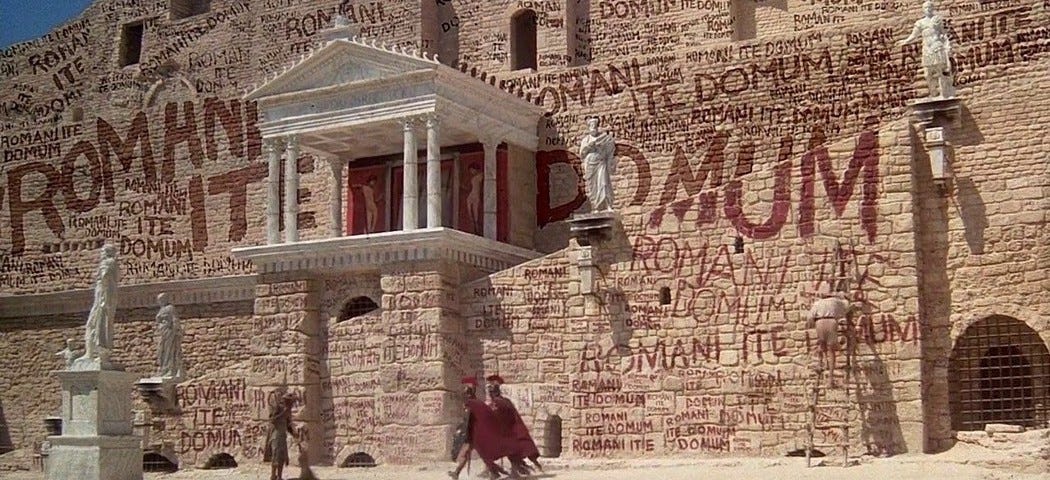Roman Laughter: Wit and Transgression in Roman Literature and Thought

Please see the module Moodle page https://moodle.warwick.ac.uk/course/view.php?id=35836
This module will be available in 2024/25. For preparatory summer reading, see the Bibliography tab.
Module convenor: Victoria Rimell. Please email Victoria (V.Rimell@Warwick.ac.uk) if you have questions or need guidance
Timetable: Lecture/seminar (for all students) MONDAYS 10-12am, R.2.41
Latin texts reading class (for those taking the module with texts in Latin) TUESDAys 1-2pm, FAB 2.01
Can we ever get a window onto what made the Romans laugh? Is such a question naïve? Studying how the comic operates in Latin texts is a slippery exercise that seems to connect us (physically, emotionally, intellectually) with Roman experience while at the same time revealing the strangeness and unknowability of the Roman world. In this honours module, we will read a range of Latin texts that perform or have something to say about wit and humour – whether puerile, grotesque, bitter, farcical, subtle, philosophical, aggressive or abusive – and cover genres and forms from epigram to satire, theatre to oratory, from the second century BCE to the early second century CE. We will also juxtapose ancient thinking about humour with both the latest classical scholarship on Roman laughter and selected modern texts on the sociology, psychoanalysis and philosophy of joking (e.g. Freud, Bakhtin, Bergson). Investigating what and who gets laughed at (and why) in Latin literature will make us giggle, balk, and scratch our heads: it will also take us straight to the heart of questions to do with literary history, cultural identity, gender, politics and power in ancient Rome.
A wide range of texts and genres will be considered, but individual lectures and seminars will be devoted to single authors and texts, and you will be able to narrow your focus in the termly coursework. Everyone should read the full list of core texts in English as soon as possible. In preparation for this course, it would also be useful to read over the summer the relevant chapters of G.B.Conte’s Latin Literature: A History (1994, Johns Hopkins), on the authors Terence, Cicero, Virgil, Ovid, Seneca the Younger, Petronius, Martial, Quintilian, Pliny the Elder and Suetonius.
Q800 and Latin and English students may take this module as a Latin language option.
The module covers 23 weeks (10+10+3). Note this includes reading weeks, although there will be no lectures and classes in the two reading weeks.
In this period, there will be 21 sessions of 2 hours each (1 session per week during the first two terms and for the first three weeks of the third term). Within these sessions, approximately 36 hours will be lectures (involving some class discussion), and approximately 6 hrs will be taken up with seminars involving student preparation.
Students studying the module with texts in Latin will also attend 21 hours (9+9+3) of classes (1 hour a week), during which we will read and discuss the set texts
Module aims:
- Acquire a broad understanding of the various ways in which wit and humour are understood and performed in Latin literature.
- Appreciate how the form, content and poetics of the texts under consideration relate to broader questions about identity, gender, politics and ethics in 1st century BCE-1st century CE Rome.
- Develop skills in the close reading of literary texts.
- Develop skills in the critical analysis of classical scholarship.
- Gain awareness of comparative dimensions in the study of Latin literature, Roman culture, and thought
In additional, final year students will
- develop the ability to set findings into a wider comparative context, drawing in other aspects of the study of the ancient world;
- engage creatively with a wider range of secondary literature that includes discussion of classical literature within broader comparative, including critical-theoretical, frames.
